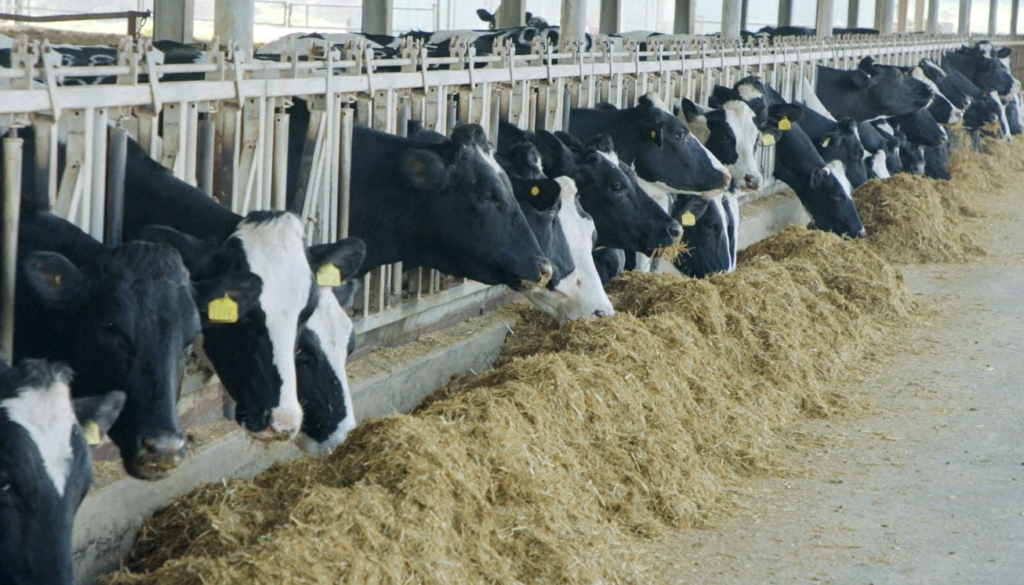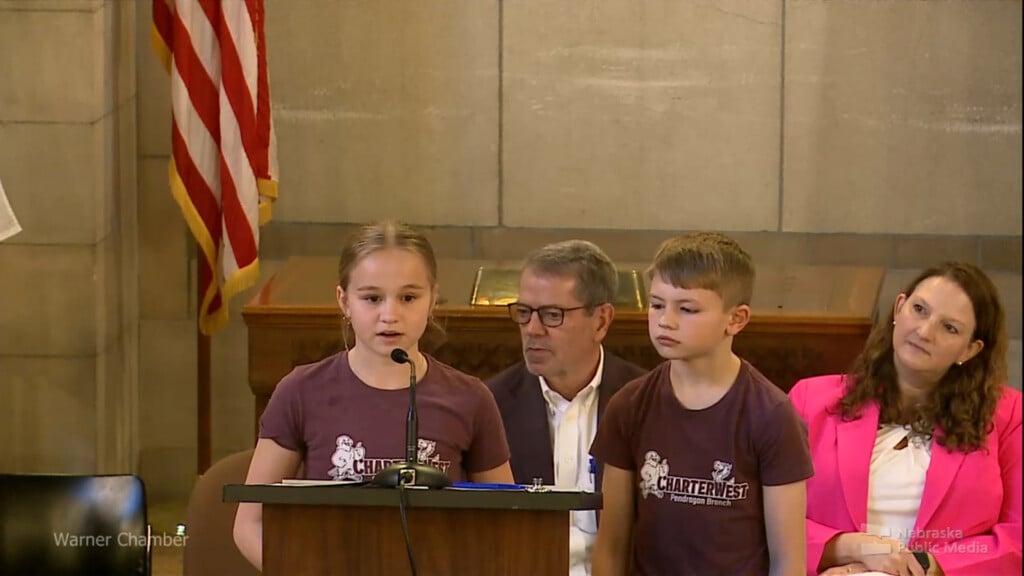With diesel reserves at 71-year low, Lincoln trucking company is at wit’s end
LINCOLN, Neb. (KLKN) – Diesel reserves are dwindling to levels not seen since 1951, according to the Energy Information Agency.
And with a ban on Russian fuel set for next year and with diesel prices up about 22 cents in the last month, local trucking companies are concerned.
Not to mention a potential rail strike looming that could disrupt the shipment of fuel.
“I don’t know what we are going to do,” said Stanford Madlock, owner of Lincoln-based Stanford Madlock Trucking. “And I don’t have any alternatives, so if that pipeline shuts down, it’s shutting me completely out of business.”
Madlock has owned his company for over 26 years and works with four of his six children.
He said this will hurt people and their pockets for some time to come.
“It’s costing everybody more money,” Madlock said. “The poor people are the ones who are going to suffer the most because it all comes back down. The people who can’t afford it the most are the ones it’s going to hit the hardest.”
One of the reasons reserves diminish this time of year is scheduled refinery maintenance. But not usually to this degree.
Truckers say eventually, the implications of this shortage could be felt even more as we shop the shelves.
“Everything in every store in every city in the United States is brought in by truck, and probably 99% of those trucks run on diesel,” part-time truck driver Don LaRue said. “So when you’re paying a buck and a half to $2 a gallon higher than gasoline, they’ve got to pass the cost along. You’re not going to see anything go down in the grocery stores until you get the prices of diesel down.”
On Tuesday, Gov. Pete Ricketts issued an executive order to waive regulations on “critically needed fuels” through the end of the month.
This is designed to help reduce delays and to make fuels more readily available to consumers.
The trucking industry is what connects supply and demand, but with diesel reserves this low and other factors working against it, experts know the effects will spread to everyday Nebraskans.



